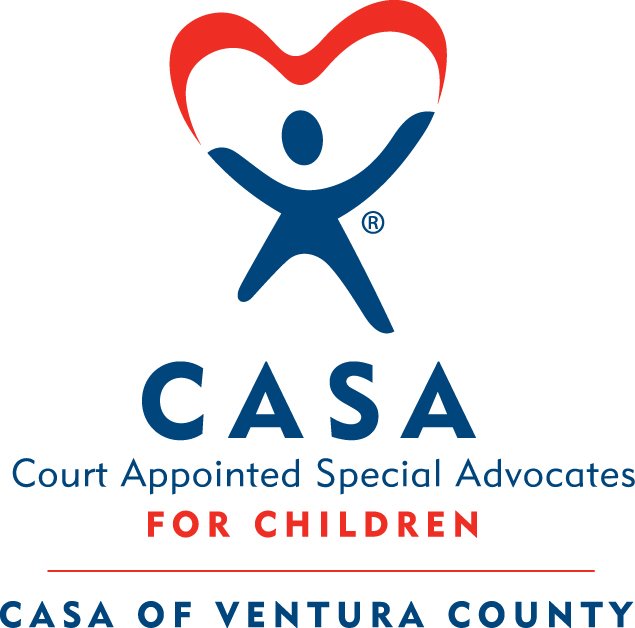Understanding Advocacy in Juvenile Justice
Juvenile Justice is another name for the Delinquency court which works with youth who are on Probation. The Juvenile Justice Program will be working with youth who are on formal Probation and who have open cases within the Juvenile Justice system.
Here’s how Juvenile Justice differs from Dependency court:
1. These youth do not have a Social Worker but a Probation Officer to whom they report.
2. There is a case plan that is focused on the youth's success and rehabilitation.
3. The youth also receive terms of Probation to complete to have their Juvenile Justice case dismissed. This is similar to parents in Dependency court who are required to complete a case plan and rehabilitate themselves.
The role of the CASA in the Juvenile Justice System does not really change from one who works with a youth in Dependency. The CASA is still appointed by the Juvenile Justice court judges. The CASA is still there to develop a trusting relationship, support and advocate for their appointed youth in their school, community and in court and to always advocate for the best interests of the youth. The youth the CASAs will be working with are no different than the youth in Dependency except that they were caught committing a crime and are between the ages of 12-25. 71% of all Juvenile Justice youth have had some form of contact with Child Protective Services. These youth are the youth who fell through the cracks and weren't given the supports or resources to succeed. This is where a CASA can help. The focus is not on what the youth did to get on Probation, but how to move them forward and understand how successful the youth can be once the Probation terms are completed and the case is dismissed.
